
Intel-GE Care Innovations uses Microsoft's Kinect to prevent injuries to the elderly
As health care continues to improve, people are living longer and longer nowadays. While this is a great thing, it can be problematic, as a need for elder care increases. No one wants to see the elderly get hurt, but not everyone has family to take care of them.
Luckily, the needs of the elderly are not being ignored, as not only is caring for them noble, but a potential money-maker too. Today, Microsoft shares that a new solution has been created by Intel-GE Care Innovations; a joint venture between the two massive companies. What makes it particularly cool is that it utilizes the Kinect sensor, which is commonly used with the Xbox One.

Intel acquires password management solution PasswordBox
Having a strong and unique password for every website you visit is a great idea. Unfortunately, there is a major problem with that -- it can be impossible to remember them all. If it becomes a tedious affair, users will start recycling passwords for multiple sites, which is a huge best-practice "no-no". Think about it; if a hacker gets your password from one site, they now have it for other sites too. Even worse than recycling passwords? Writing them down on Post-It-Notes and sticking them on a monitor.
While it is easy to judge people for not securing their passwords, remember, it is not their fault that current systems are deficient. True, there are password management solutions by various companies, but how can a user know which one to trust? Luckily, consumers will soon have a very trustworthy name available -- Intel. Today, that company announces it is acquiring password management solution PasswordBox.

New Intel technology helps safeguard the payment process
Recent high profile data breaches involving retailers have led many people to have doubts about the security of transactions.
Chip maker Intel has today announced a new data protection technology that will both address these concerns and help speed up the roll out of internet of things devices in retail environments.
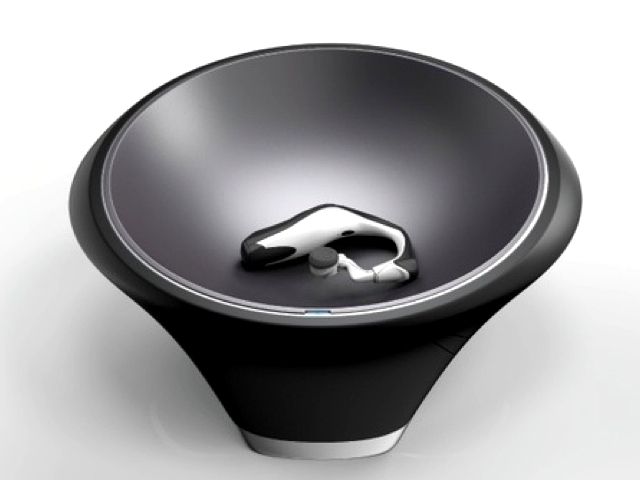
Intel set to release a wireless charging bowl later this year
Intel’s wireless charging bowl is on track to be released by the end of the year with the company still tight-lipped on how much the revolutionary device will end up costing.
CEO Brian Krzanich confirmed as much during a speech at MakerCon in New York when he said that the device will be "on the market right around the end of this year," according to CNET.

Intel launches Core M 'Broadwell-Y' processors -- silent, powerful and long battery life
A powerful computer is an easy thing for manufacturers to build. Throw in a hardcore processor and some high-end components and the sky is the limit. Unfortunately, raw power is not the sole focus of consumers. No, many mobile computer users also want super-long battery life and silence to go with the performance. This, you see, is where things get tricky.
The Surface Pro 3 gets rather close to this, but the whirring of the fan in the hybrid is audible sometimes. Plus, the Surface components are a bit expensive for many consumers. Today, Intel delivers a fanless solution that should meet the needs of many -- the Core M Processor line, otherwise known as Broadwell-Y.
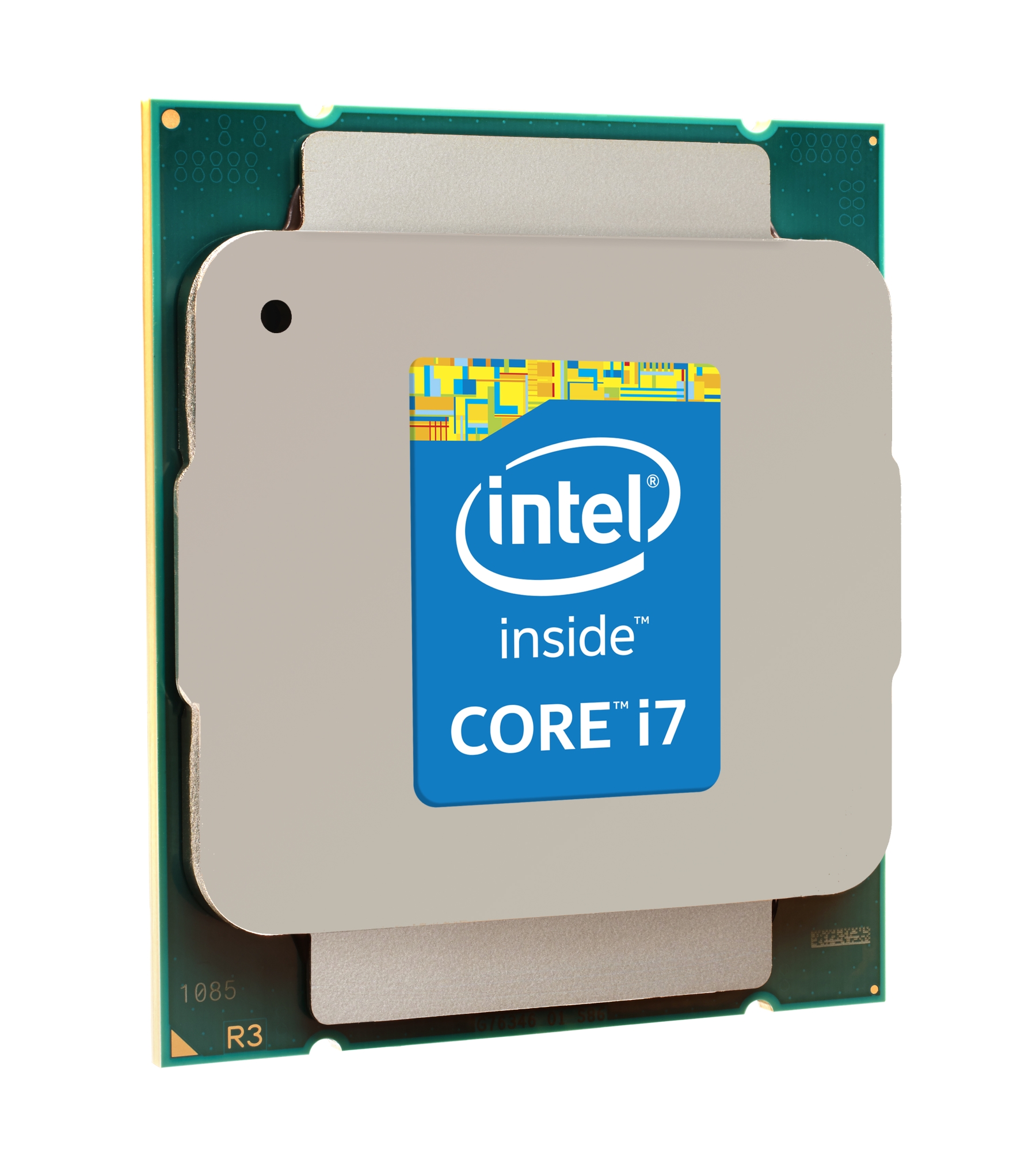
Intel reveals its first 8-core desktop CPU
Despite continuing reports of its death, the desktop computer still has a place in the world, particularly amongst power users and gamers. It's these people that Intel has squarely in its sights with the new Core i7-5960X Extreme Edition processor.
Intel’s first 8-core desktop CPU features 16 computing threads which, along with support for the latest DDR4 memory, will enable some of the fastest desktop systems yet seen. Combine this with the new enhanced Intel X99 Chipset and you also have robust overclocking capabilities which will allow enthusiasts to tune their systems to extract maximum performance.

Russia says 'nyet' to Intel and AMD, 'da' to Baikal
It is very sad that countries cannot trust each other anymore. Maybe they never did and I am simply naïve, but I never gave a second thought as to which country manufactured my electronics. Hell, as an American I have to trust the goods from other lands -- we do not manufacture any! (OK, we do manufacture some things). But could my motherboard, Blu-ray player or cable box have secret spying capabilities baked in? I suppose so. Even sadder, I am powerless to do anything about it -- I am not about to create circuit boards in my garage.
What once may have been seen as paranoia, now becomes reality in the aftermath of PRISM and other Snowden-leaked programs. It seems every country is spying on the other, including allies. It is rumored that the USA may have directly spied on German Chancellor Angela Merkel. Germany is supposed to be a friend an ally, so if that is happening, lord only knows what the USA would do to its less friendly world neighbors. Today, it comes to light that Russia is looking to ditch computer processors made by Intel and AMD in favor of its own, presumably to prevent spying by the USA.
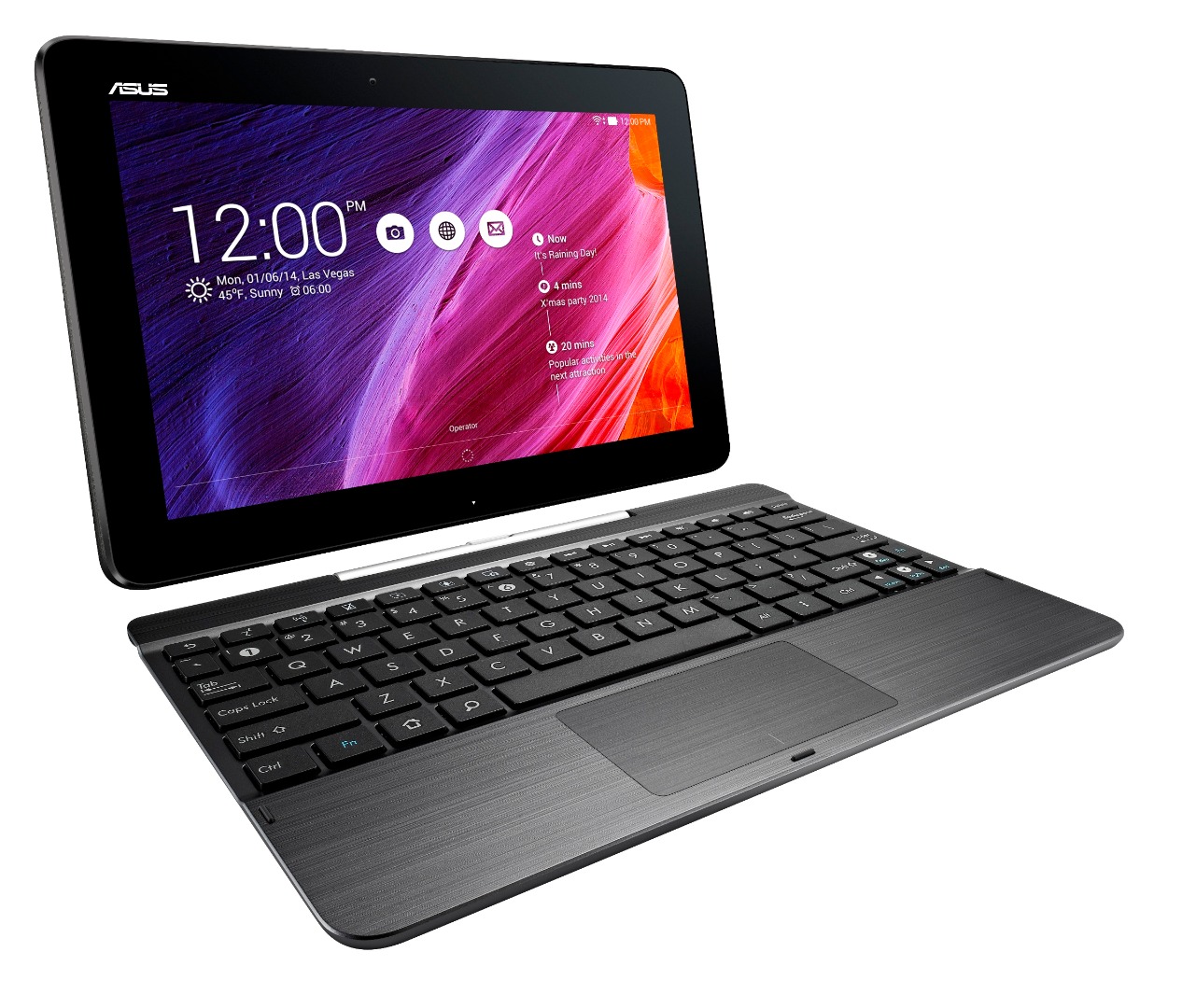
ASUS unveils a slew of Android tablets
You may not be aware of it, but technology fair Computex kicks off tomorrow, in Taiwan. And, as we have come to expect from companies attending such events, many products are already announced come opening day. Local player ASUS is among the early birds, as today it takes the wraps off a slew of Android slates, among other products like monitors and routers.
Perhaps the biggest news is that ASUS has made the jump to 64-bit processors across the new models, using the Intel Atom Z3745 in the MeMO Pad and Transformer Pad lineups, and the Atom Z3560 in the Fonepad series. Android 4.4 KitKat is the operating system of choice which runs on these slates.

Zotac Zbox Sphere OI520 PC looks a lot like the Nexus Q (and that's a good thing)
Despite what some people think, the PC is not dead. However, for many, the concept of buying a desktop PC with a monstrous tower is. After all, thanks to companies like Apple, electronics have become art. And so, if someone does need a PC, they may opt for a laptop or all-in-one instead.
Truth be told, I have never been a huge fan of all-in-ones. If the display breaks, you could end up with a giant paperweight. I still remember when people bought TV/VCR combos. Almost always, the VCR failed and you would see a second VCR connected -- insanity. I have been of the opinion that it is best to keep your monitor and computer separate. With that said, I do like having a small footprint on a desk. Today, Zotac announces a spherical PC that is not only small, but beautiful too.
Say, Google, save Chromebook from Intel while you still can
PC manufacturers' priorities baffle me. For years I bitched about OEMs shipping laptops with low-resolution screens -- even Apple. Sony is, or was, the exception but offering the feature for a price premium. My first 13.3-inch notebook with HD resolution (1600 by 900) was a VAIO. In 2006! Apple only followed the Japanese company six years later. The screen is the gateway to your computer, so why do so many OEMs ship cheap displays? For Macs and many Windows PCs, panels are brighter, if not higher-res, today. But not Chromebooks, even as prices push against the $299 threshold and pop above it.
Yesterday's Intel-Google event was an eye opener, or perhaps eye-strainer for anyone looking for Chromebooks with better screens. During the Q&A, PC execs dodged a couple questions about the displays, the majority of which are 1366 x 768 resolution and dim 200-nit brightness. Resolution matters less when panels are bright and deliver consistent color and contrast from wide viewing angles. Chromebooks consistently ship with the best keyboards on any laptop for any price, and the trackpads are exceptional, too. The displays suck. Only two models are good enough. Most newer models change nothing.

Google-Intel Chrome OS event
In San Francisco, Google and Intel kick off a special event for Chrome OS, which I assert is come of age with the matchup. Ahead of the 1 pm Eastern start time, Lenovo announced new Chromebooks and Google unveiled "Classroom", preview of a new education app.
Unquestionably, Chrome OS-devices are primed for the education market, and many of the newest Chromebooks are directly marketed for schools, students, or teachers. Dell jumped ahead of today's event touting Chromebook 11 adoption in schools.
Chrome OS comes of age
Today's Google-Intel event is a turning point for Chrome OS. The matchup is more magnanimous than Apple shipping the first x86 Macs eight years ago. Intel is after all the other half of Wintel, and the company's coming out for Chrome OS endorses the browser-based operating system as mainstream -- as do a rash of new Chromebooks announced or released over the past month by Acer, Dell, Lenovo, and Samsung.
Chrome OS has huge momentum in the education market, for example. There are news stories about school conversions nearly every week. Those are sales taken away from Apple or Microsoft platforms. Success is shocking, because every new operating system directly competing with Windows has failed since release of version 3.1 two decades ago. The Microsoft monopoly is insurmountable, or was until Google's entrance.
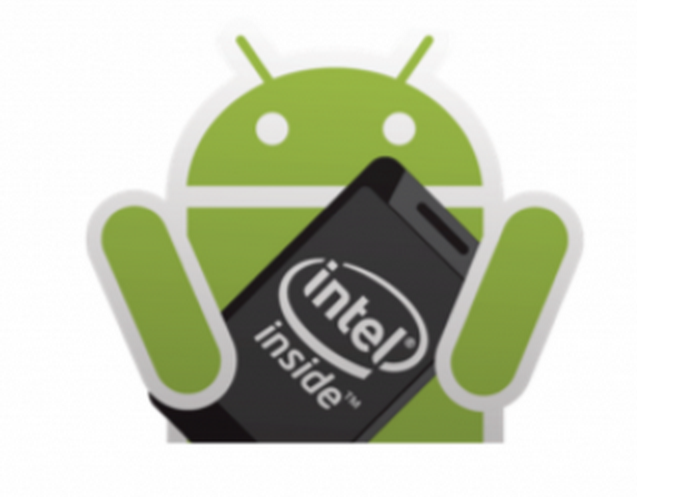
Adobe Air comes to x86 Android
Adobe Air is loved by some developers, but many users hate it. While the runtime works well for many developers and allows easy porting of apps, many people dislike having to install it just to make a handful of apps run. Plus, many simply don't like Adobe as a company. I can understand the company's detractors. After all, much of the company's software is arguably bloated and constantly exploited, causing numerous security updates. Steve Jobs chided Adobe Flash for poor performance, and actually banned it from the popular iOS operating system. Oh, and the information of 2.9 million customers was stolen.
With all of that said, Adobe makes some great products, such as Photoshop and Premier. Quite frankly, Air is pretty good too, despite what naysayers say. Today, Adobe announces that Air is coming to x86 Android, joining the already supported ARM architecture.
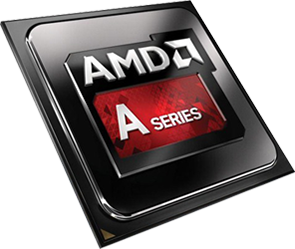
AMD AM1 platform now available -- can it compete with Intel's Bay Trail-D?
As a system builder, I always keep my eyes open for new trends in PC hardware. My latest build is powered by an Intel processor, which is a first for me. Historically, I've always used AMD. The reason being was, at the time, AMD processors delivered both great performance and value. In other words, if you needed to save money, AMD was what you bought.
Unfortunately, AMD fell behind Intel quite a bit in recent years, making the value in its processors questionable. Today however, the company announces availability of its new platform, called AM1, which focuses directly on value and low cost. Will consumers shopping on the low-end choose it over Intel's Bay Trail-D SoC?
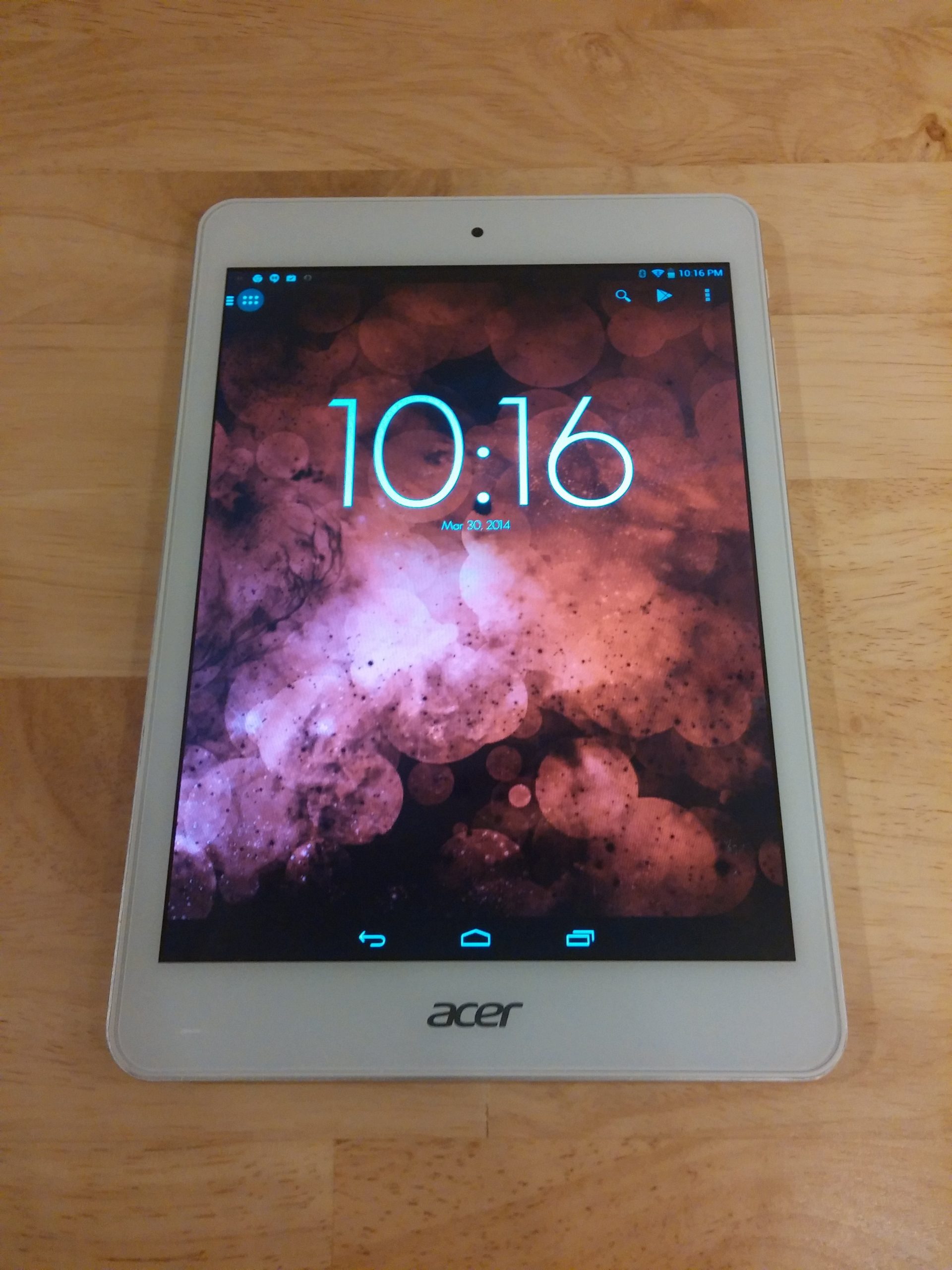
Acer Iconia A1-830 -- a budget Android tablet powered by Intel [Review]
Android tablets are often hit or miss. There are typically two types -- good quality and poor quality, with very few in between. Android purists will tell you to stick with the Nexus line, but restricting the pool of available tablets defeats the purpose of Android entirely -- choice and diversity. Instead, consumers should keep an open-mind to all manufacturers.
Speaking of manufacturers, one of my favorites is Acer, as it delivers value on a budget. Today, I am reviewing an 8-inch tablet from that company, the A1-830, and it is very unique. Hell, it is powered by Intel, costs $179.99 and the display is 4:3. Interested? Read on.
